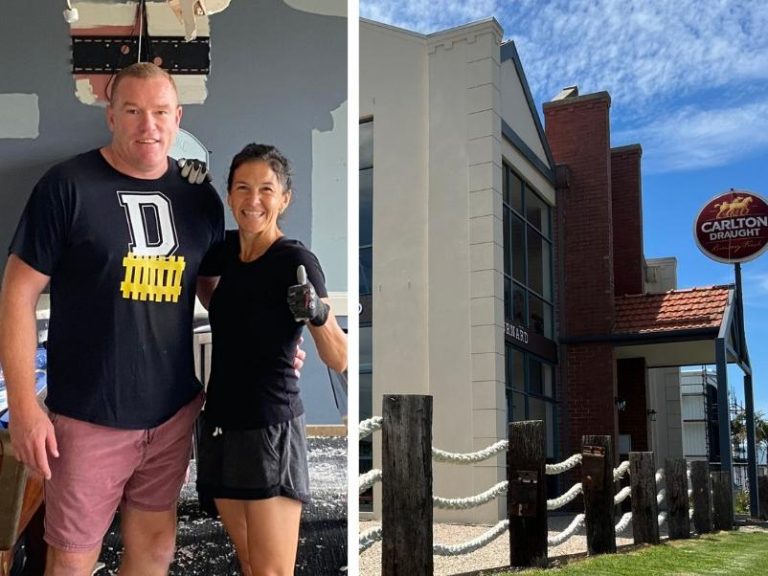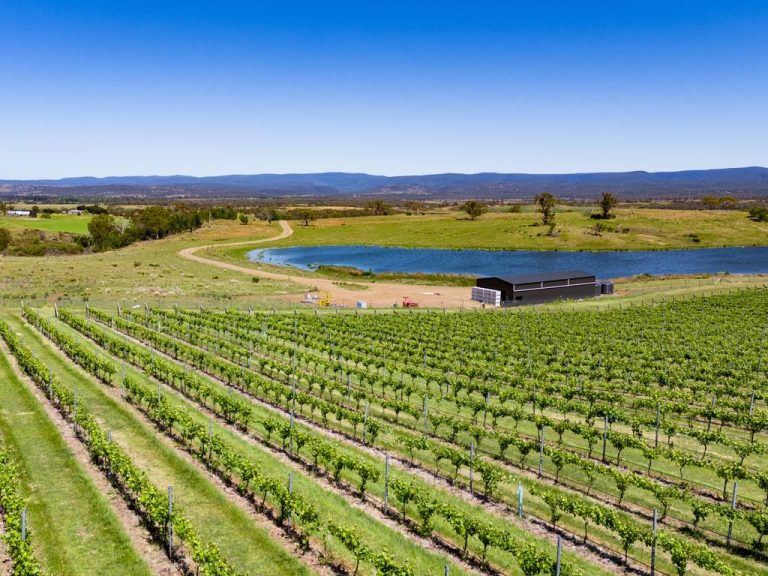US commercial property prepares to take hit: expert

Cracks are beginning to appear in commercial property markets, with prices peaking and values in the US likely to fall a modest 3-5% during the year, according to Jim Sullivan, managing director of US real estate research firm Green Street Advisors.
“Its not head for the hills, its not 2007 all over again,” says Sullivan, who was in Sydney recently.
The conditions for a commercial property bubble do not exist this time, he says.
“We do not have the rampant and excessive debt-fuelled speculation we had in 2007 that encouraged buyers to pay outlandish prices for real estate.”
Nor is there a rash of overbuilding, he notes.
In the US, the hotel sector fundamentals have “decelerated at an accelerating rate”, while mall owners and some office landlords have flagged challenges.
More often than not, when REITs trade at discounts, the private market prices a year later are lower, and the converse
However, the self storage sector in the US has shown extraordinary reliance, Sullivan says, noting Americans’ propensity to hold onto things that they never intend to use.
Sullivan, who has spent 21 years at the California-based Greenstreet, says the US real estate investment trusts have been net sellers during last year, with the trend expected to carry through 2016.
“Most of the REITs have traded at discounts to net asset value. It’s an environment where the market is telling you, ‘I don’t want you to grow’, and the REITs have headed that signal,” he says.
The public markets have a good track record of predicting the direction of private market prices, Sullivan says.
“More often than not, when REITs trade at discounts, the private market prices a year later are lower, and the converse,” he says. However, Sullivan acknowledges the vast sums of money raised by the private equity funds.
“We are seeing a real divergence between the public and private markets, primarily the private equity firms and foreign investors who have accelerated their activities,” he notes.
We do not have the rampant and excessive debt-fuelled speculation we had in 2007 that encouraged buyers to pay outlandish prices for real estate
“Private equity has raised the money and the money will be invested — it’s a rare occasion that money is committed and then handed back.”
Low oil prices are having an impact in a number of ways, Sullivan says. While there is more money in people’s pockets, low oil prices have hit markets like Houston’s office sector and put a question mark over the investment appetite of the oil-producing country’s sovereign wealth funds.
Sullivan expects the outflow of funds from Australia to continue due to the high concentration of ownership limiting investment opportunities.
Last year AustralianSuper spent $1.1 billion buying a 25% stake in the Ala Moana Centre mall in Hawaii, along with taking 49% stake in a $US1.3 billion portfolio of eight Brookfield Property Partners office buildings in and around Washington DC. Meanwhile, Queensland Investment Corporation has extended its US holdings to 11 shopping centres with a $US750 million deal struck last month.
This article originally appeared on www.theaustralian.com.au/property.







